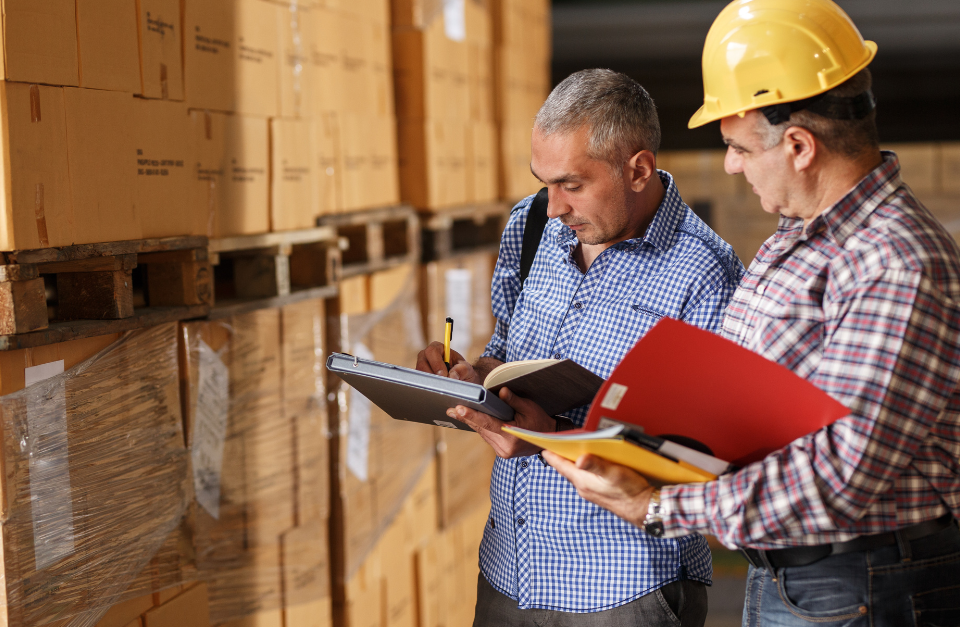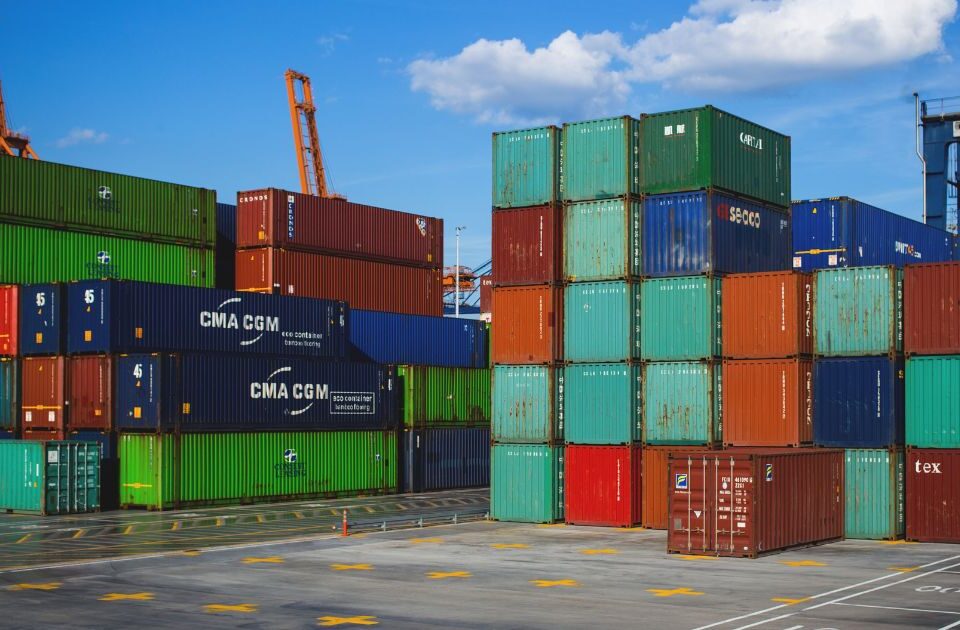
Port Congestion Update 1/3/22
January 3, 2022
Port Congestion Update 1/7/22
January 10, 2022U.S. Moves to Ban Goods Made in Xinjiang, China
On December 23, 2021, U.S. President Biden signed into law the Uyghur Forced Labor Prevention Act. The act is intended to strengthen the existing prohibition against the importation of goods made with forced labor. Customs and Border Protection (CBP) will be required by the Act to presume that goods “mined, produced, or manufactured wholly or in part” in the Xinjiang Uyghur Autonomous Region (XUAR), or produced by certain to-be-identified entities are made with forced labor. Goods will be prohibited from importation in the U.S., and CBP will apply the presumption unless the importer can demonstrate it meets the exceptions to the import ban.
The Act comes in the wake of the U.S. diplomatic boycott of the upcoming Beijing Winter Olympics. The law will stay in force for eight years or until the president determines that China has ended its violations of human rights in Xinjiang. It will take effect on June 21, 2022, and will ban imports of all goods made in whole or in part from Xinjiang, Uyghur Autonomous Region (XUAR), China. The U.S. government advises that companies need to use the next 180 days to ensure their supply chains do not include such goods.
Exceptions to the Import Ban
- The importer of record has fully complied with due diligence and evidentiary guidance and any associated implementing government regulations to be established after enactment.
- The importer of record has completely and substantively responded to all inquiries from CBP seeking to ascertain whether the goods were produced with forced labor and has established by clear and convincing evidence that the goods were not made wholly or in part using forced labor.
If CBP determines that an importer has met these conditions, CBP must submit a report to Congress and make it available to the public within 30-days after making the determination.
Federal Register Notice
By January 24, 2022, the Act will require the Forced Labor Enforcement Task Force (FLETF) to solicit public feedback in developing an enforcement strategy by publishing a notice in the Federal Register. The notice will solicit public comments on how best to ensure that goods made wholly or in part with forced labor in China are not imported into the U.S. The public will be given no less than 45 days to submit comments. Once the comment period closes, the task force will conduct a public hearing within 45 days and will allow for witnesses to testify on the use of forced labor in China and potential measures to prevent the importation of goods made by forced labor. Potential measures include those that can be taken to trace the origin of goods, offer greater supply chain transparency, and identify third country supply chain routes for goods mined, produced, or manufactured wholly or in part with forced labor in China.
The U.S. State Department will then submit a report to Congress by March 23, 2022, that provides a strategy to address forced labor in the XUAR along with lists of (1) entities in China or affiliates that use or benefit from forced labor in the XUAR, and (2) foreign persons that acted as agents of such entities or affiliates to import goods into the U.S. The final strategy to be developed by the task force must be in place by June 21, 2022.
It is anticipated the published enforcement strategy will contain guidance to importers that may include:
- Due diligence, effective supply chain tracing, and supply chain management measures to ensure they do not import any goods made with forced labor from mainland China and especially from the XUAR.
- The type, nature, and extent of evidence that demonstrates goods originating in mainland China were not made wholly or in part in the XUAR.
- The type, nature, and extent of evidence that demonstrates goods originating mainland China, including goods detained or seized pursuant to Section 307, were not made wholly or in part with forced labor.
The public comment and hearing period are intended to provide an opportunity for private sector entities to collaborate with the task force to provide information that can help implement the ultimate enforcement strategy.
CBP has posted information on their website to provide guidance to shippers/importers and includes the following, however, this may change and/or be modified by June 21, 2022.
Forced Labor – U.S. Customs and Border Protection
https://www.cbp.gov/trade/forced-labor
Forced Labor Resources U.S. Customs and Border Protection
https://www.cbp.gov/trade/programs-administration/forced-labor/resources
Forced Labor Fact Sheets U.S. Customs and Border Protection
https://www.cbp.gov/trade/priority-issues/forced-labor/fact-sheets
Forced Labor Frequently Asked Questions U.S. Customs and Border Protection
https://www.cbp.gov/trade/programs-administration/forced-labor/resources
CBP Takes Aim at Forced Labor U.S. Customs and Border Protection
https://www.cbp.gov/trade/programs-administration
Please contact your Western Overseas representative with any questions.



